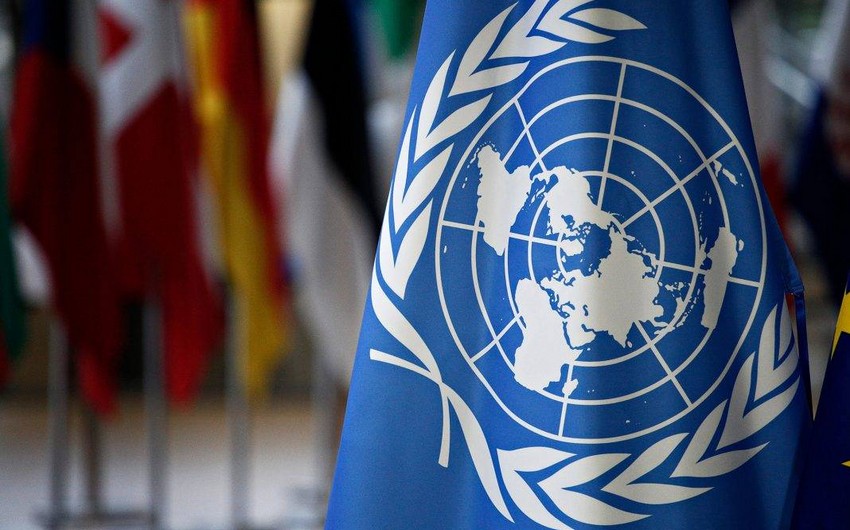A new report by the United Nations Convention to Combat Desertification (UNCCD) and the Food and Agriculture Organization of the United Nations (FAO) highlights the crucial role women and girls play in finding solutions to drought-related challenges, thanks to their ingenuity and resourcefulness, according to Report.
The document aims to support women-led initiatives that protect vulnerable populations from the devastating effects of drought. It also emphasizes the vital importance of women's land rights in ensuring food security.
The inventiveness and resourcefulness of women fighting drought around the world are boundless, said Ibrahim Thiaw, Executive Secretary of the UNCCD.
He added that whether in the African Sahel region, northern Kenya, Iran, Peru, or Morocco, women have proven their resilience and ability to overcome the most challenging conditions to maintain their families' well-being. Addressing gender inequality is not only a matter of justice but also an opportunity to harness untapped potential in the fight against climate change, he said.
The report's authors stress that women and girls suffer more from drought due to gender inequalities that limit their access to land, water, and financing. In drought-prone areas, they often bear the responsibility of collecting water, risking their health and safety, and perform unpaid care work for children and the elderly, which complicates their ability to cope with the effects of drought.
Despite systemic barriers, such as limited land ownership rights, women are developing innovative solutions that enable their communities to adapt to increasingly harsh environmental conditions. Women produce up to 80% of food in developing countries but own less than 20% of land worldwide. This inequality limits women's access to resources and opportunities and undermines their ability to prepare for and recover from droughts, exacerbating their vulnerability to climate change.


 https://static.report.az/photo/468fcd37-a287-38cf-91e5-b38c13bf7847.jpg
https://static.report.az/photo/468fcd37-a287-38cf-91e5-b38c13bf7847.jpg

